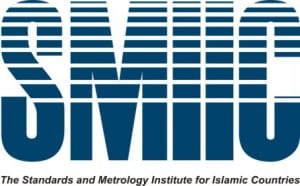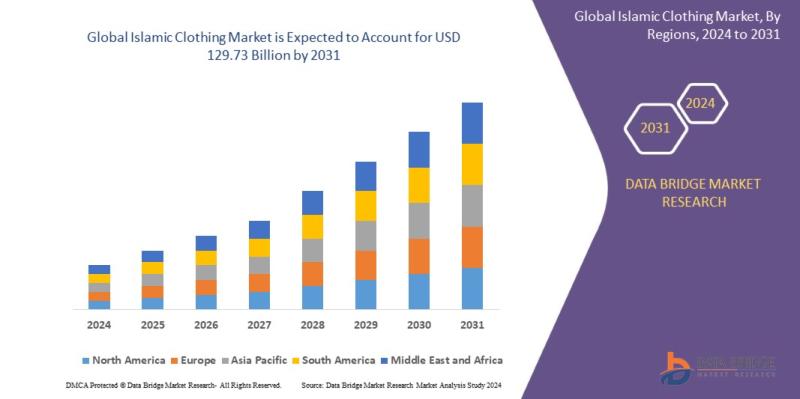THE HAGUE (Netherlands), Feb 13 (Bernama) — Bilal Gourmet Foods BV, a
Malaysian-Dutch company, is making inroads into the vastly potential
European market for halal products where demand is exceeding supply.
Specialising in cooked poultry products, the company markets 50 percent
of its products for local consumption while the other half is exported
to Germany and the United Kingdom, its managing director, Arno van der
Pas, said here Wednesday.
At the moment, there are 1.8 to 2 million registered Muslims in the Netherlands.
Bilal Gourmet, 56 percent-owned by Malaysian food-based company
Prima-Agri Products Sdn Bhd, is located in Waalwijk, a municipality and
city in southern Netherlands, an hour’s drive from the Haguec — the
third largest city after Amsterdam and Rotterdam.
Prima-Agri is the only Malaysian company which is already approved by
the European Commission to export processed poultry meat products to
the EU.
The remaining equity is held by van der Pas.
“The demand for halal food products is huge in Europe but the
availability of these products is very low as it is a question of
credibility, he said.
“In that sense, Malaysia has a headstart and we are very keen of course
to try to market Malaysian halal products as much as possible,” he told
Bernama during a field trip to its facility here.
To date, the company brings in 20 different meat-based products, mainly
poultry comprising sausages to cold carts and all kinds of chicken
items like hot wings, legs and half roasted chicken.
The field trip was led by Nordin Abdullah, the executive director of
KasehDia Sdn Bhd — the initiator of the World Halal Forum (WHF).
It was organised in conjunction with the WHF’s Industry Dialogue to be held here Wednesday organised by KasehDia.
Also participating in the trip are Netherlands Foreign Investment
Agency’s senior manager for Asian & European projects Rene H.F
Vacquier, Malaysia External Trade Development Corporation trade
commissioner Rusiah Mohamed and several officials from the Ministry of
Agriculture and Agro-based Industries (MOA), Lembaga Tabung Haji,
academicians from Universiti Malaya and senior executive director of
Prima Agri-Products, Hennie Coenraad.
Van der pas said the company was aiming to penetrate the European food
services market, institutional markets like hospitals, caterers as well
as specific markets like airlines.
“For Bilal, size does matter. The quantity or volume is actually driving the growth of the halal products,” he said.
At the moment, the company imports poultry based products from Thailand
and Brazil as Malaysia’s Department of Veterinary Services (DVS) was
unable to comply with several of EU’s rules.
“We are forced now to source approved halal products from the two
countries as there are some issues that the Malaysian authorities did
not comply with in importing products into the EU.
“We hope that Malaysia will sort things out and facilitate the
re-export of approved halal products very soon because we have many
orders ready for them.
“Local authorities like the Department of Veterinary Services,
Department of Islamic Development Malaysia (Jakim) and MOA, must sit
down and work together to meet compliance lists and enable exports to
the EU,” he said.
Compared with halal products from Thailand and Brazil, Malaysian halal
products are more credible, well-known, of high quality and are highly
sought in the European market, he said.
The company which has been approved an import quota of 100 metric
tonnes of poultry-based products by EU, lost about 50,000 euros
(RM220,000) as it failed to bring in the products.
The problem arose following an inspection by the EU committee to Prima
Agri’s plant which found out that the DVS had failed to notify the
company about several minor compliances.
From September 2007, the department had yet to respond to the
issue.”Its a bit frustrating. We have established a brand name with
credibility (but) selling halal products from Brazil and Thailand,
which do not have the same credibility as halal products coming out
from Malaysia.
“It has affected us and we hope that we can reinstate Malaysian
products again in the market very soon. We need those products as that
it is our marketing strength,” van der Pas said.
Last year, the company chalked up 3 million euros (RM14.1 million) in
revenue from just Malaysian products out of a total revenuen of 7
million euros (RM28.7 million).
This year, the company aims to rake in 12 million euros (RM5.4 million) driven by its poultry orientated products, he said.



